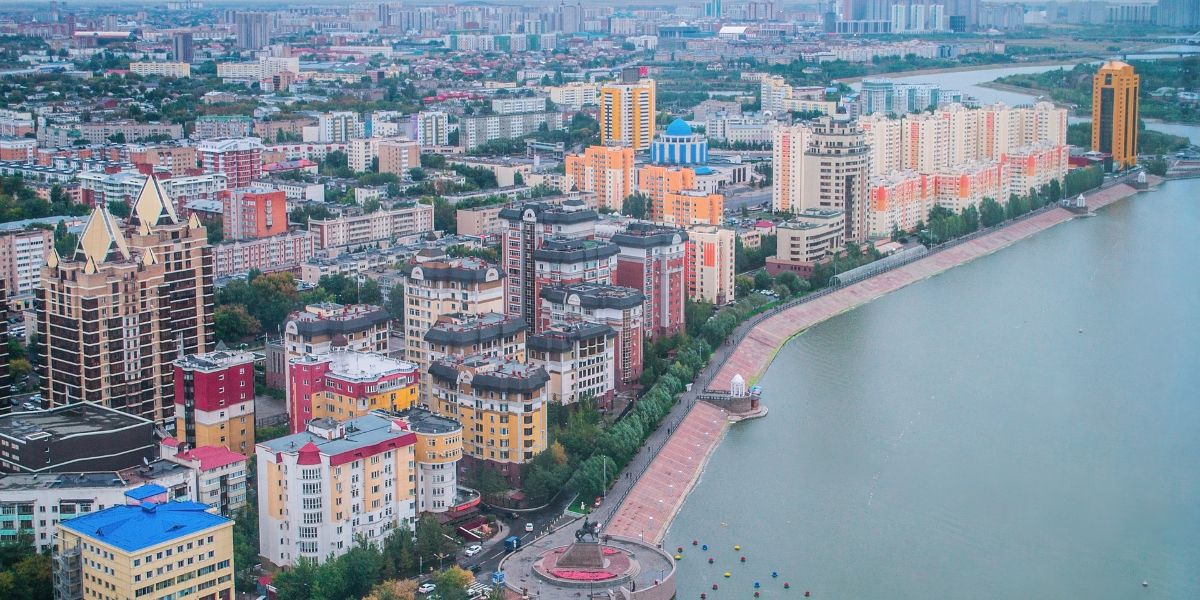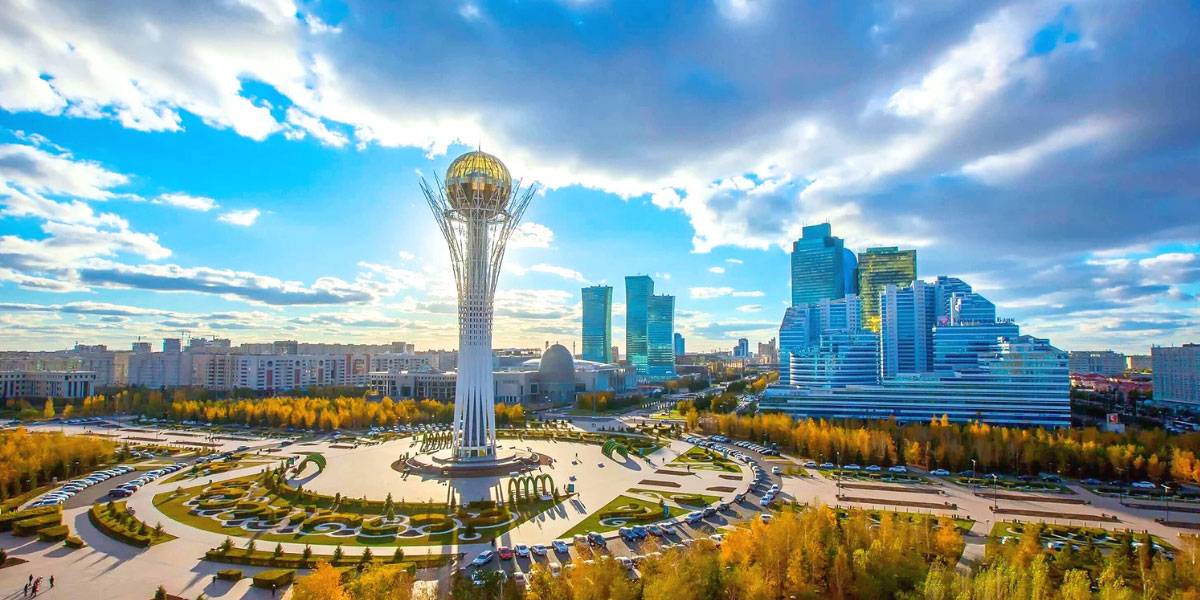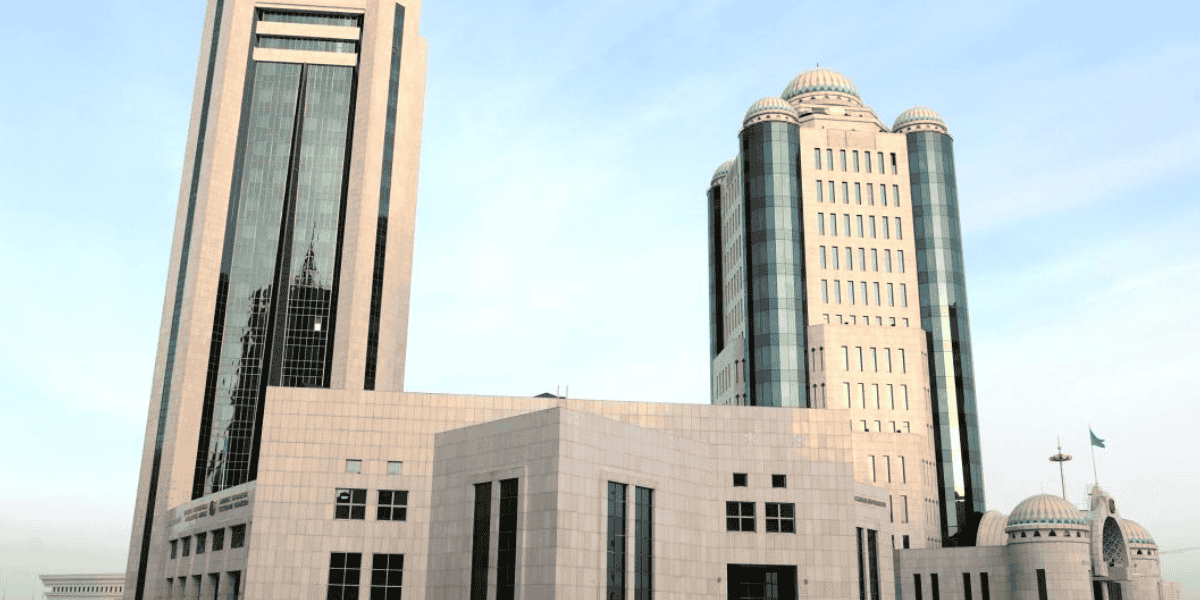The International Monetary Fund (IMF) has concluded discussions with Kazakhstan under Article IV of its articles of association and on 5 August 2015 a report was issued commenting on Kazakhstan’s economic situation and fiscal policy.
Real GDP growth was 6% in 2013 and 4% in 2014 but slowed to 2% in the first quarter of 2015. This was due to lower income and profits as a result of lower oil prices. Private consumption and domestic investment have been affected by lower confidence, reflecting developments in the region. Growth is expected to rise to 3.25% in 2016 as oil prices recover and external demand increases.
The government has begun a structural reform program following consultation with the Multilateral Development Banks. Also, in June 2015 Kazakhstan completed its negotiations for admission as a member of the World Trade Organization (WTO).
The IMF considers that the agenda for structural reform needs to be ambitious and must be implemented effectively. Priority needs to be given to strengthening the human capital and institutions, enhancing financial mediation and providing an improved climate for business. Diversifying the economy away from the oil sector and reducing the level of State involvement in the economy are necessary for achieving economic growth led by the private sector.
The report notes that an improved framework of fiscal policy is necessary for delivering sustainability and transparency. The budget should cover the whole of the fiscal activity and fiscal policy should be integrated into the wider framework of economic policy.
The IMF considers that Kazakhstan should aim to strengthen the enforcement of the tax rules to collect more taxes. To raise more revenue the tax exemptions could be reduced, including those granted to enterprises operating in the Special Economic Zones; and the income tax rates could become more progressive.













